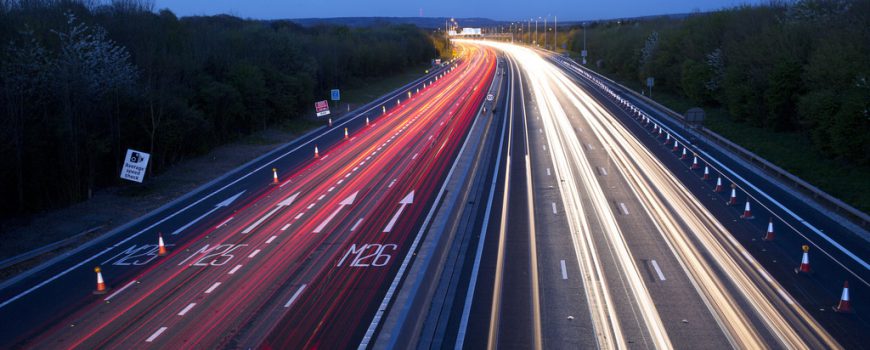
Drivers Direct on Tachograph Tampering
With tachograph tampering being a hot topic over the last year we thought we’d explore and delve into the issues that surround it. Tachographs have an integral part to play in HGVs and commercial vehicles as they record driving time, breaks, rest periods and other types of work carried out by the driver. When the UK joined the EEC (European Economic Community) in 1973, a social regulation was accepted under the treaty of Accession to support the work of lorry and coach drivers. In 1979 the UK was held in breach of the rules and regulations and new legislation was put in place to make sure all commercial vehicles had tachographs installed by the end of 1981. Fast forward to 2006 and the digital tachograph was born and compulsory for all new commercials registered on or after 1st May 2006.
More recently, tachographs have seen a lot of attention in the news and, unfortunately, this isn’t because they’re incredibly helpful and useful to the wellbeing of drivers. A BBC investigation found last year that there had been a 21% increase in tachograph tampering compared to 2016. In a bid to crack down on these misdemeanours, the Driver and Vehicle Standards Agency (DVSA) carried out 223,000 roadside checks between April 2016 and March 2017 – a move we fully supported. During that time, the DVSA found 400 drivers that had crossed the border into the UK and were using “interrupters” to switch off their tachographs. A Bulgarian driver was stopped in North Wales for using an “interrupter” and driving non-stop for 23 hours. Using such a device disables a lorry’s advanced braking system and speedometer – a dangerous move which poses a threat to all road users.
The whole concept certainly begs the question of why drivers would cheat their tachograph and risk their own and other road users’ safety.
Are unscrupulous businesses themselves putting the pressure on drivers through their company culture of looking the other way, making it appear to be the norm for drivers to exceed their legal hours? There’s also the darker side, are some drivers distracted by the attraction of more money and finding that tampering with a tachograph is a short cut to this? Alternatively, could these unscrupulous business owners be allowing this and looking the other way?
The consequences of breaching the use of a tachograph start with penalties of up to £5000. A prison sentence isn’t out of the question either, as was found with two former haulage directors who conspired with drivers to tamper with tachograph records. They both received sentences of 2 years and 18 months and had some hefty fines to pay. On a more serious level, crimes of this nature have caused a tragic amount of unnecessary deaths on the road. According to The Royal Society for the Prevention of Accidents driver fatigue may be a contributory factor to 20% of road accidents and 25% of fatal or serious crashes.
Here at Drivers Direct, we work closely with all our clients and together we take the safety of HGV drivers very seriously and of course others on the roads. The dangerous decision to tamper with a tachograph can have devastating consequences, with this in mind it’s of vital importance for logistics operators to communicate with their employees and vice versa. If a driver is feeling concerned about meeting strict deadlines, it must be addressed in a safe and legal manner. One conversation with an employer could discourage break skipping and, in turn, save a life.
Here at Drivers Direct, we encourage plenty of communication between drivers and management, creating a culture where all can bring forward any issues they may have. We hope that other businesses follow – for the sake of drivers’ physical and mental wellbeing and the safety of our roads.
